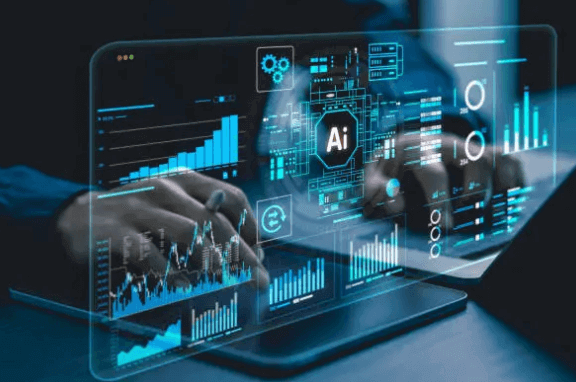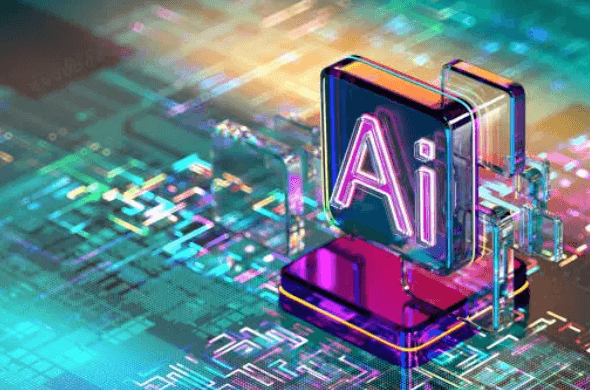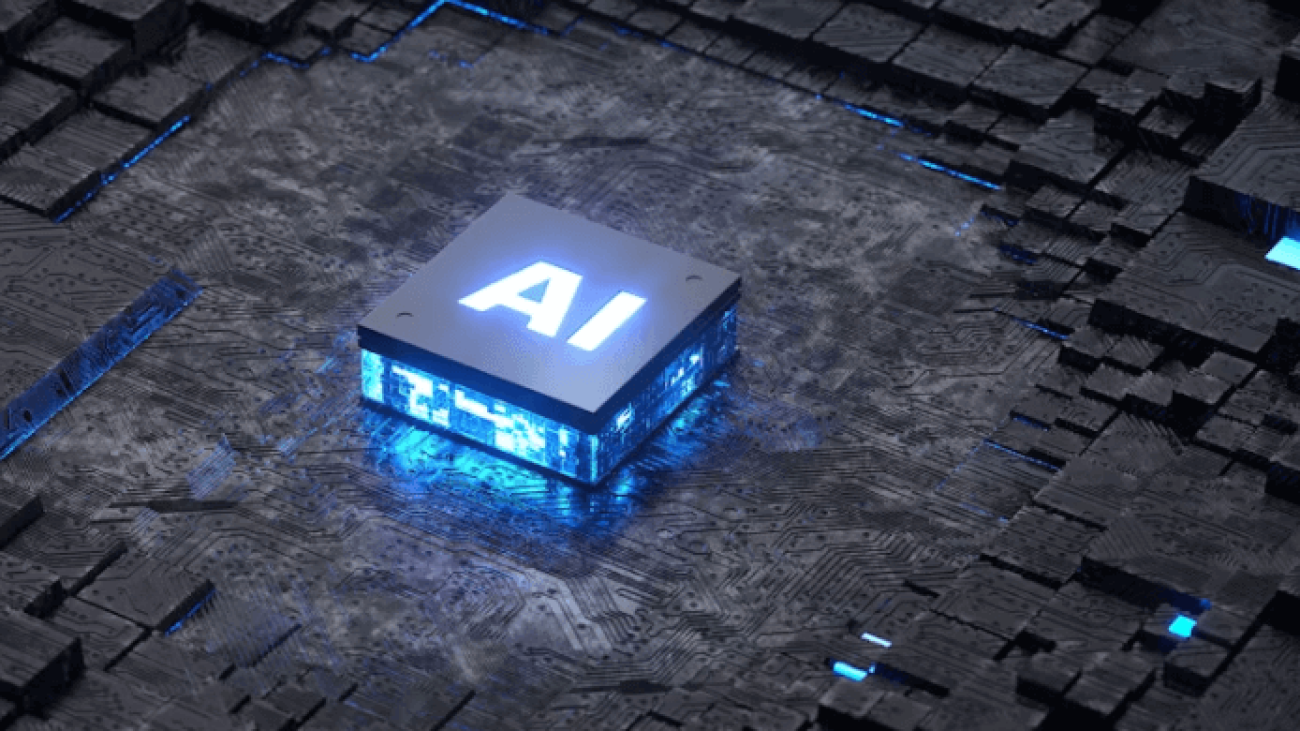Table of Contents
Introduction
The business world is evolving faster than ever, and at the heart of this transformation is Artificial Intelligence (AI). By 2026, AI will not just support business operations—it will run them. Imagine a world where your marketing campaigns create themselves, your finances are automatically balanced, and your customer service works 24/7 with zero human errors. That’s not science fiction anymore; it’s the reality we’re heading into.
In this blog post, we’ll dive into 9 powerful AI tools that are set to run businesses in 2026 and reshape the way entrepreneurs and organizations operate.
The Evolution of AI in Business
AI has come a long way since its early days of basic automation. What started with chatbots answering simple queries has now grown into sophisticated systems capable of making real-time business decisions.
By 2026, AI will be fully integrated into every aspect of business management—from marketing and sales to HR, product development, and cybersecurity.
Why Businesses Need AI in 2026
- Competitive Advantage: Businesses using AI will outperform competitors by leveraging smarter data-driven insights.
- Cost Efficiency: AI eliminates repetitive tasks, cutting operational costs.
- Smarter Decision-Making: AI doesn’t just analyze data; it predicts outcomes, ensuring better strategies.
Simply put, companies not using AI in 2026 will struggle to survive.
AI Tool #1: Autonomous Virtual Assistants

Forget simple chatbots—by 2026, virtual assistants will be fully autonomous. These AI-driven assistants will:
- Manage calendars, schedules, and meetings without human intervention.
- Handle customer service calls with natural, human-like conversations.
- Learn your work style and adapt to how you operate.
Think of it as having a 24/7 executive assistant that never takes a day off.
AI Tool #2: AI-Powered Marketing Platforms
Marketing is no longer about guesswork. AI tools in 2026 will:
- Use predictive analytics to forecast campaign results before launch.
- Create highly personalized content for each customer segment.
- Optimize ad spend in real-time to maximize ROI.
Imagine never wasting money on ineffective ads again.
AI Tool #3: Smart Financial Advisors
By 2026, AI will act as your CFO. These tools will:
- Automate bookkeeping, payroll, and financial reporting.
- Use AI-driven investment strategies to grow your money.
- Identify cost leaks and suggest solutions instantly.
Businesses will rely on AI financial tools to stay profitable without hiring large finance teams.
AI Tool #4: Next-Gen CRM Systems
Customer Relationship Management (CRM) systems will become proactive rather than reactive. These futuristic CRMs will:
- Provide real-time insights into customer behavior.
- Predict when a customer is about to leave and take preventive action.
- Tailor customer experiences individually.
Your sales team will spend less time guessing and more time closing deals.
AI Tool #5: Supply Chain Optimizers
The supply chain will be AI-powered from end to end. Tools will:
- Forecast demand with near-perfect accuracy.
- Automate inventory and logistics management.
- Negotiate with vendors using AI-driven insights.
This means businesses will reduce costs while ensuring products reach customers faster.
AI Tool #6: AI in Human Resources
Hiring and managing employees will become more efficient. HR AI tools in 2026 will:
- Automatically screen resumes and shortlist candidates.
- Use algorithms to predict the best fit for company culture.
- Monitor employee performance and recommend training programs.
HR will shift from administration to people-focused strategy.
AI Tool #7: Cybersecurity AI

Cybersecurity threats are growing, and AI will be the ultimate shield. By 2026, AI tools will:
- Detect unusual activity in real-time.
- Prevent hacking attempts before they cause damage.
- Automate threat responses without human input.
Businesses won’t just be safer—they’ll be proactive against cybercrime.
AI Tool #8: AI-Powered Product Development
Imagine launching products designed by AI. In 2026, these tools will:
- Scan global market trends and predict product success.
- Automate prototyping and testing.
- Suggest improvements based on customer feedback analysis.
This will drastically cut product development costs and speed up innovation.
AI Tool #9: AI for Customer Experience
The future of customer service is personalized and empathetic AI. By 2026:
- AI chatbots will detect emotions and respond accordingly.
- Customer journeys will be hyper-personalized, making every buyer feel unique.
- 24/7 support will become the standard, without hiring massive support teams.
This will build stronger brand loyalty and long-term customer trust.
How AI Will Transform Small Businesses
In the past, advanced AI tools were reserved for big corporations. By 2026, affordable cloud-based AI will allow small businesses to compete at enterprise levels, creating a more level playing field.
Challenges of Relying on AI
While exciting, businesses must navigate challenges:
- Ethical Concerns: Will AI decisions always be fair?
- Data Privacy: Protecting sensitive data will be critical.
- Over-reliance on AI: Human creativity and judgment still matter.
Future Outlook: AI Beyond 2026
Beyond 2026, AI will merge with augmented reality (AR) and virtual reality (VR) to create fully immersive customer experiences. We may even see autonomous companies—businesses run almost entirely by AI with minimal human input.
Conclusion
By 2026, AI will no longer be just a business tool—it will be the engine driving entire organizations. From marketing and finance to HR and cybersecurity, AI is set to revolutionize how businesses operate.
The question isn’t whether businesses will adopt AI—it’s whether they can afford not to. Also, read this blog
FAQs
1. Will AI replace human jobs in 2026?
Not entirely. AI will handle repetitive tasks, while humans will focus on strategy, creativity, and emotional intelligence.
2. Are these AI tools affordable for small businesses?
Yes! By 2026, cloud-based AI solutions will make powerful tools accessible to startups and small enterprises.
3. What industries will benefit most from AI?
All industries, but especially marketing, finance, healthcare, logistics, and retail.
4. How safe is AI when it comes to cybersecurity?
AI can strengthen defenses by detecting and neutralizing threats faster than humans. However, businesses must still prioritize data privacy.
5. Can AI really run an entire business?
Yes, many tasks can be automated, but human oversight will remain essential to ensure ethical and creative decision-making. For more photos visit


Add a Comment